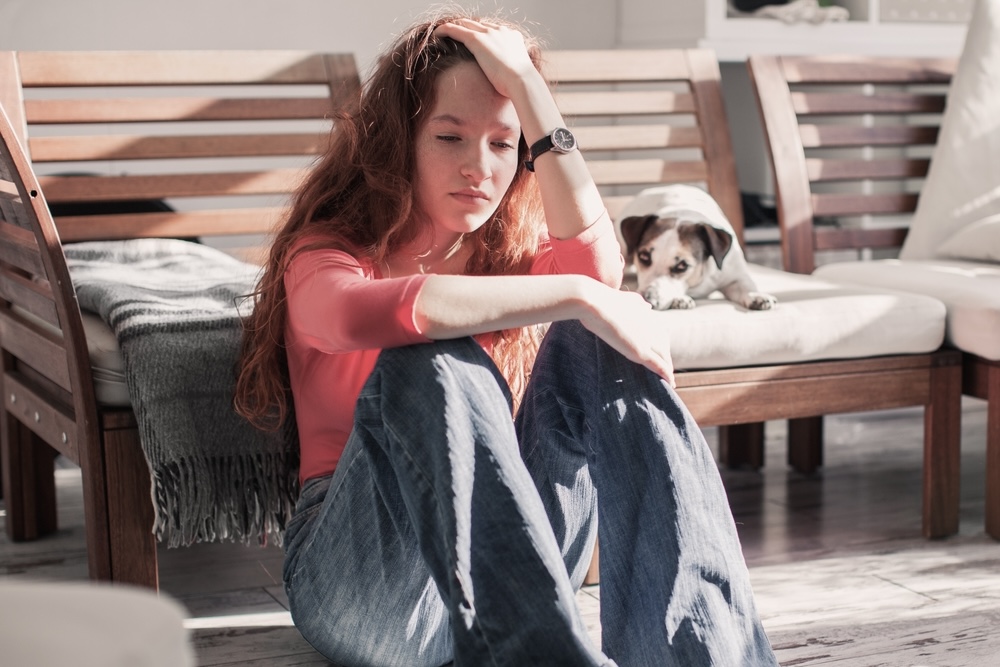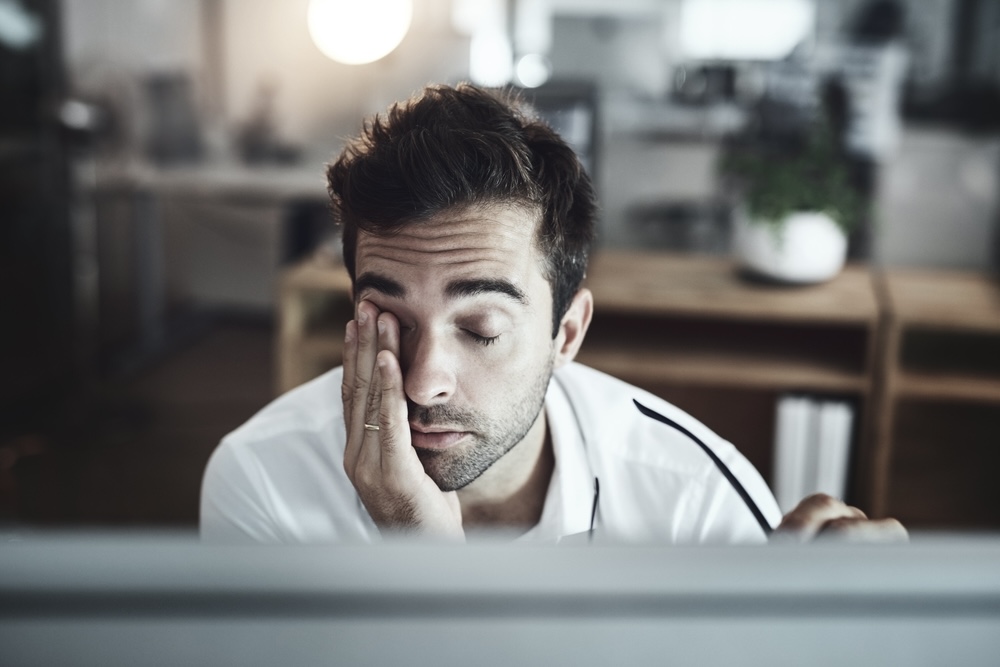Quitting alcohol can feel like starting a new chapter, but it’s not always simple. When you stop drinking, both your body and mind undergo significant changes. Some people feel excited and proud of their decision, while others may struggle with feelings of frustration, fear, or even depression. Depression after quitting alcohol is a common challenge in the recovery process.
You might be wondering how long the depression will last or if it will go away at all. Recovery isn’t the same for everyone. Symptoms can vary from person to person. In this blog post, we’ll explore why you may feel depressed after quitting alcohol and why the right treatment matters. Whether it’s lasting weeks to a few months or longer, understanding what’s happening can help you toward healing and successful recovery.
When you quit alcohol, your brain needs time to heal. Alcohol changes the way your brain produces feel-good chemicals like dopamine and serotonin. Over time, you might have relied on alcohol to feel happy or relaxed.
Once you stop drinking, those natural chemicals take time to rebalance. This can make you feel empty or sad. Sometimes, individuals may experience post acute withdrawal syndrome (PAWS), which can include emotional challenges like depression, anxiety, and irritability.
Alcohol often masks deeper emotional pain or mental health conditions. Depression may have been there before, but drinking kept it hidden. When you quit, those feelings might surface with full force. The good news is that these feelings are a sign that your brain and emotions are trying to reset. They mean you are on your way to recovery, even though it doesn’t feel like it.

It’s not always easy to tell if what you’re feeling is depression or just part of quitting alcohol. Depression can look different for everyone. The most obvious signs may include feeling sad or hopeless, losing interest in things you used to love, and being tired all the time. Other people might notice they’re irritable or having trouble focusing. Physical symptoms like sleep disturbances and cognitive difficulties can also show up.
While it’s normal to feel a mix of emotions after quitting alcohol, depression tends to take place longer. If it’s been weeks to a few months and you still feel stuck, it might be time to take action.
Start paying attention to patterns. Are you avoiding loved ones or responsibilities? Do you feel like nothing really matters anymore? These are signs you shouldn’t ignore. Reaching out to professionals or trusted support systems is one of the best ways to start addressing these feelings.
It’s important to note that treating depression and alcohol addiction together is the key to lasting recovery. This is often called dual diagnosis treatment. Many times, depression has been there all along but hasn’t been addressed because alcohol masked it. Or, quitting alcohol may trigger depression as your body heals. Either way, treating only one issue won’t work. Healing requires addressing both problems at the same time.
Therapies like cognitive behavioral therapy (CBT) are highly effective in treating what’s called co-occurring disorders. With CBT, you can uncover harmful thought patterns that trigger both addiction and depression. You’ll learn healthier ways to deal with emotions and cravings.
Beyond therapy, medical support plays a crucial role in managing dual diagnoses. Doctors may recommend medications to help balance brain chemicals. Additionally, support groups offer shared experiences and encouragement, helping you feel less alone in your struggle.
It depends. The duration of depression when you stop drinking depends on several factors. The timeline can vary from person to person based on how long you’ve been drinking, how much you drank, and whether you’re dealing with an untreated mental health condition. Some people only feel depressed for a couple of days, while others see it linger for an extended period like weeks, months or even years.
For many, the most intense feelings arrive in the first few hours after quitting alcohol and can vary widely. Lasting symptoms linked to post acute withdrawal syndrome (PAWS), including depression, may take weeks to a few months to ease.
However, some people may find that their depression persists even after they have stopped drinking. This is because alcohol can significantly affect the chemical balance in the brain, and it may take time for the body to heal and for normal functioning to be restored

Quitting alcohol comes with challenges, and depression is one of them. But you don’t have to face it alone. By understanding why it happens, learning to spot the signs, and seeking help tailored to both your mental health and addiction, you can move toward healing. Remember, a successful recovery process takes time, and it’s about progress, not perfection.
If you’re struggling with depression and alcohol addiction, Resurface Connect can help. Our team focuses on treating both mental health and addiction together, guiding you toward lasting recovery.